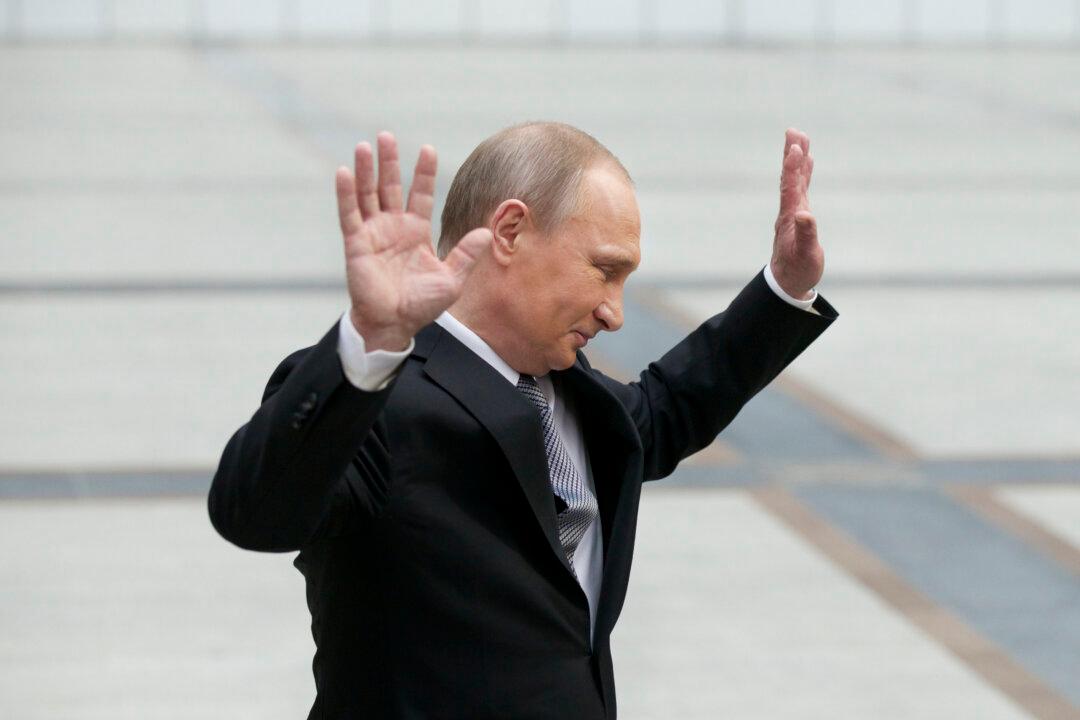MOSCOW—The thousands of Russian names on a list of offshore companies suggests President Vladimir Putin’s effort to crack down on such entities is ineffective, experts say, and highlights how keeping wealth abroad remains one of the few ways to keep it safe from corrupt local officials.
A database published by investigative journalists on Monday showed over 6,000 Russian citizens and legal entities own or manage offshore companies through Panamanian law firm Mossack Fonseca. Spanning over two decades, the data showed no decrease in the number despite the government’s efforts.
The documents have sparked public outrage and investigations in the West but in Russia the response has been muted. International media outlets with access to the full database say they show a network of Putin’s friends handling large sums, allegedly for the president. Moscow has dismissed this as speculation.
Beyond Putin’s inner circle, they also show that thousands of Russians—not just tycoons but mid-size business owners—use offshore companies. A record $151.5 billion in capital was pulled out of Russia in 2014, when investors panicked about sanctions. Some $57 billion flowed out last year.





